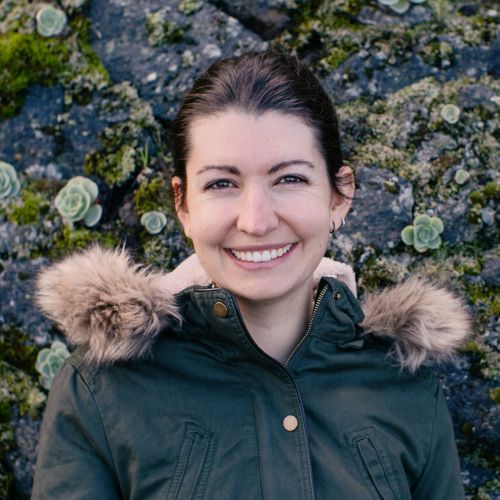
Torrent Alsina Laura
Laura Torrent is doing her PhD with the Biodiversity and Bioindicators Research Group at Natural Science Museum of Granollers, the Doñana Biological Station and the CIBIO-InBio at the University of Porto. She is studying the bat fauna from the unexplored country of Equatorial Guinea, in Central Africa, to set the baseline knowledge for future bat conservation actions. Her main research interest includes ecology, bioacoustics, human-bat interactions, taxonomy, science communication and formation, all with the aim to be applied on conservation.
She started working with bats in 2013 with the Forest Science and Technology Centre of Catalonia (CTFC) and the Natural Science Museum of Granollers (NSMG). In 2015 she finished her BSc with a final project focused on the tourism impacts on hibernating bats from Poland. She spent a whole winter season surveying bats in a complex of tunnels from the Second World War. Since then, she has collaborated on several national and international projects. While doing her MSc, she spent 2-month surveying bats and training international students in Mexico, and right afterwards she jumped to Madagascar to understand human-bat interactions. In 2017 she finished her MSc thesis studying the importance of Amazon lakes for bat conservation with bioacoustics. She could combine her international collaborations with projects in Catalonia. She monitored endangered cave-dwelling species with CTFC and participated in European LIFE projects using bioacoustics to assess bat activity and diversity in riverine forests. From 2017 to 2020 she worked for Natura Montred leading bat related projects and carrying out environmental activities. And more recently, she led a project on forest-dwelling species in mature forests with the NSMG.
In 2018 she visited Equatorial Guinea for the first time and since then she has been exploring remote regions of the country searching for bats and training local biologist. And more recently, she also joined an expedition to Guinea Bissau to assess bats ecosystem services in cashew orchards. She always tries to combine her research with society awareness on the importance of bats and their conservation.



